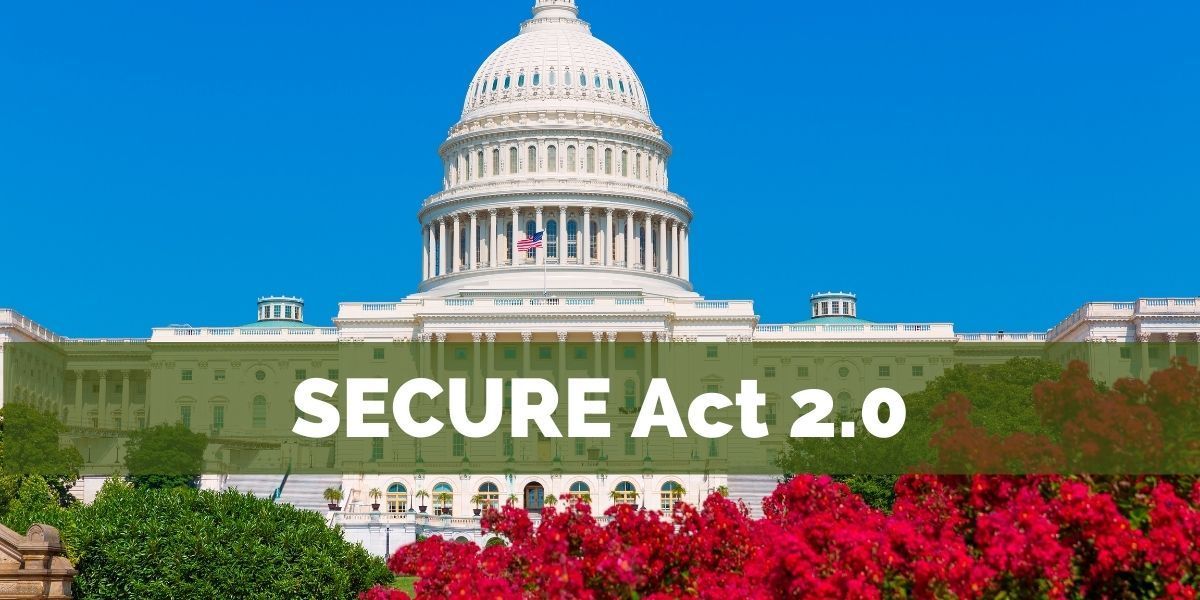Episode 133: The 3 Things You Must Understand If You’re Retiring In 3-5 Years, Part 2
Today’s Prep:
As you get closer to retirement, you likely want to make sure everything is in order, including your estate plan. David discusses what paperwork you should have in place and up-to-date.
Equipping Points:
What will you do with your money and who will you leave it to when you’re gone? On today’s episode of the podcast, we talk about some of the estate planning things you should do and what legal documents you should put in place as part two of this series.
When estate planning, should you start with a trust? David says there’s a possibility that you don’t need one. You can usually cover your estate plan with some well-written documents and beneficiary designations. So, who does need a trust? There are a few specific reasons why some people may want a trust, but typically having well-crafted beneficiary designations will be what you need.
Often, the primary beneficiary designation is your spouse. Then the secondary designation is usually your children or perhaps your siblings or even your church. When you have an IRA or Roth IRA, the paperwork includes beneficiaries (make sure to keep these updated though). Your brokerage account, annuities, bank accounts, car, and real estate may all require further paperwork to avoid probate.
There are two kinds of beneficiary designations: per capita and per stirpes. What’s the difference? While the default is per capita, you may actually prefer per stirpes in order to pass along an inheritance down to grandchildren should your children pass away beforehand. Are your assets, including your annuities, designated according to what you want?
In case you’re not able to speak for yourself, powers of attorney need to be set up. This person can write checks, make financial decisions, and must be a trusted relationship when listed as the financial power of attorney. A financial power of attorney, healthcare power of attorney, living will, and HIPAA authorization could all make a big difference when it comes to making decisions with your best interests in mind.
Today’s Takeaway:
“Most of America will not ever use a trust and that’s perfectly fine, especially if you take care of your beneficiary designations.”
– David Dickens
KC Financial Advisors Blog














